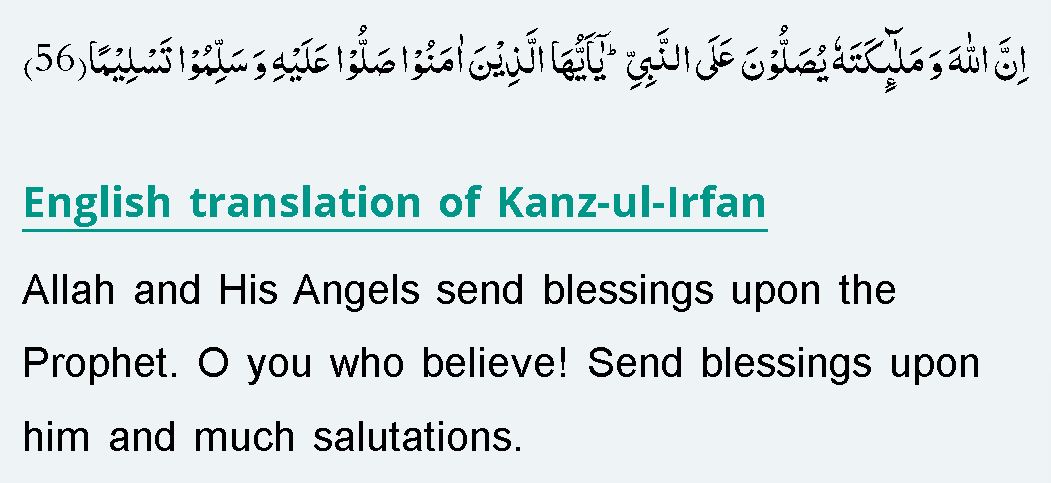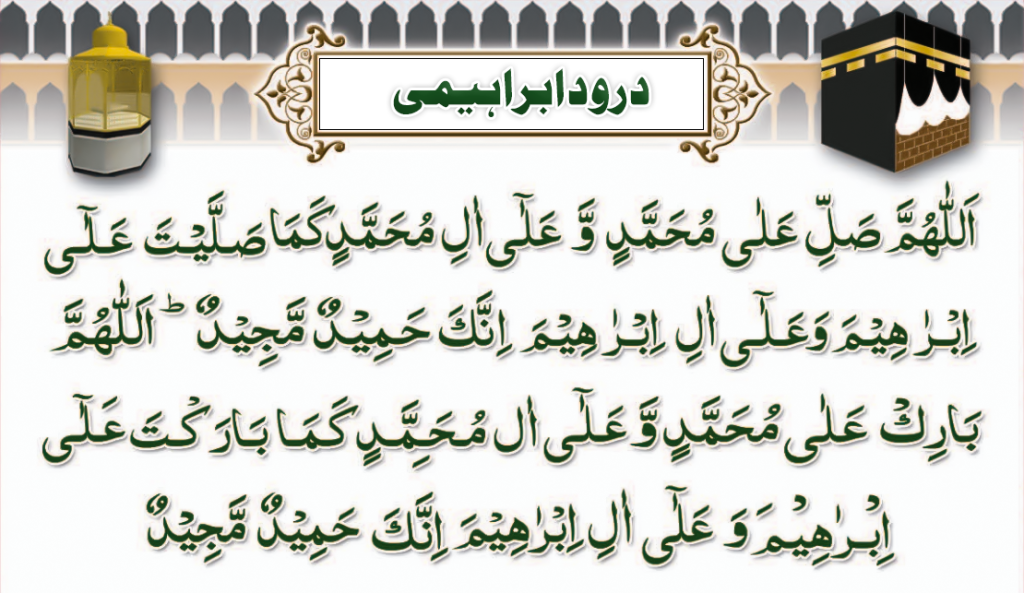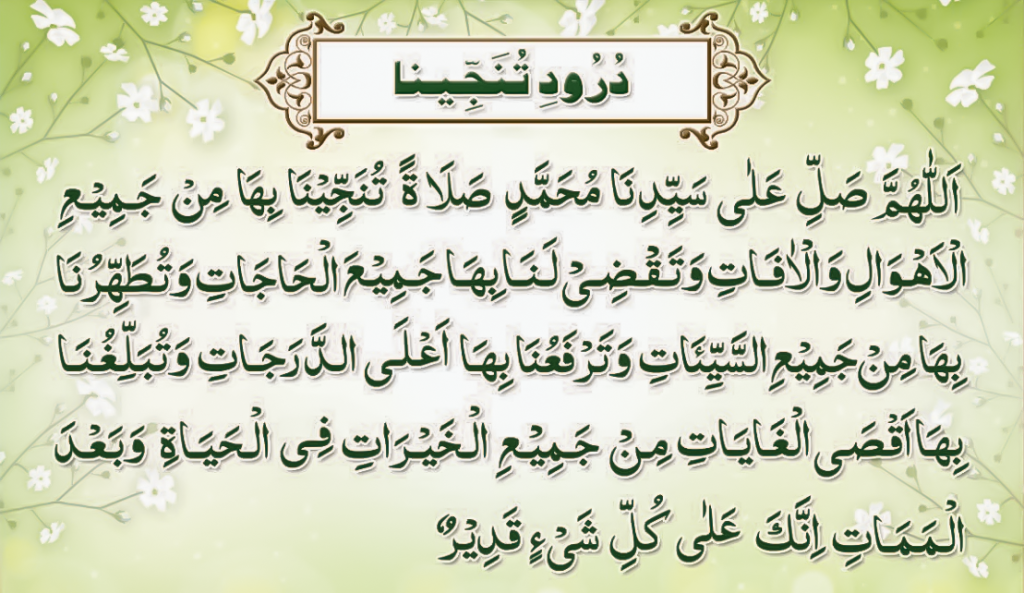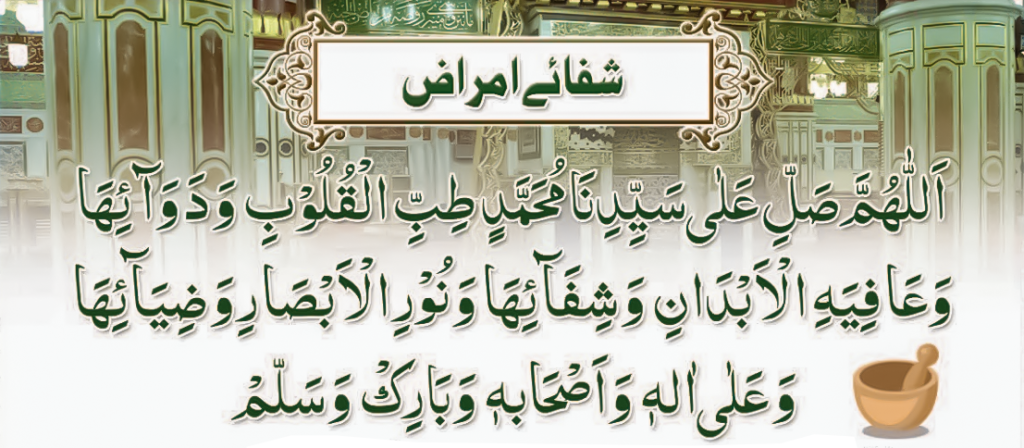Understanding the Virtues, Significance, and Types of Darood Sharif
In the heart of Islamic faith lies a profound spiritual practice: the recitation of Darood Sharif. More than just a prayer, it’s a direct expression of love, respect, and reverence for Prophet Muhammad ﷺ. For Muslims worldwide, Darood Sharif is a source of immense blessings, a means of seeking closeness to Allah, and a cornerstone of spiritual devotion.
This comprehensive guide will delve into every aspect of Darood Sharif, exploring its divine command, its vast virtues as highlighted in prophetic traditions, its various forms, and the countless benefits it brings to a believer’s life. Whether you’re a seasoned scholar or just beginning your spiritual journey, understanding and embracing Darood Sharif is a pathway to profound blessings and inner peace.
Darood Sharif’s Divine Command in the Holy Quran
The practice of sending blessings upon the Prophet ﷺ is not merely a custom; it is a direct command from the Almighty Allah Himself. This divine injunction is beautifully articulated in the Holy Quran:
“Indeed, Allah confers blessing upon the Prophet, and His angels [ask Him to do so]. O you who have believed, ask [Allah to confer] blessing upon him and greet him with [a worthy] greeting.” (Surah Al-Ahzab, 33:56)
This singular verse encapsulates the immense stature of Prophet Muhammad ﷺ and the universal obligation for believers to engage in this sacred act. Allah Himself, along with His angels, sends blessings upon His beloved Messenger, making it a sublime act of worship for us to follow. Understanding this command is fundamental to appreciating the essence of Darood Sharif.

The Immense Virtues of Darood Sharif in Hadith
The Holy Quran lays the foundation, and the blessed Ahadith (sayings of Prophet Muhammad ﷺ) elaborate on the countless virtues and profound rewards associated with reciting Darood Sharif. The Prophet ﷺ himself emphasized its importance in numerous instances, encouraging his Ummah to send blessings upon him abundantly.
Among the myriad virtues, some stand out prominently:
- Forgiveness of Sins and Elevation of Ranks: The Prophet ﷺ said: “Whoever sends blessings upon me once, Allah sends blessings upon him ten times, and removes ten sins from him, and raises him ten degrees in rank.” (Sunan An-Nasa’i)
- Closeness to the Prophet ﷺ: It is narrated that the closest people to the Prophet ﷺ on the Day of Judgment will be those who sent the most blessings upon him.
- Acceptance of Duas: Reciting Darood Sharif before and after making supplications (Duas) is believed to be a means of having those prayers accepted by Allah.
- Relief from Worries and Troubles: Many narrations highlight that abundant recitation of Darood Sharif brings solace, peace of mind, and relief from worldly anxieties and difficulties.
These are just a few glimpses into the ocean of blessings that await those who regularly engage in this beautiful act of devotion. Every instance of sending blessings upon the Prophet through Darood Sharif brings immense spiritual rewards.
The Most Revered Form: Darood-e-Ibrahimi
While there are many forms of Darood Sharif, Darood-e-Ibrahimi holds a special place due to its recitation in the obligatory prayers (Salah). Its comprehensive words and profound meaning make it the most widely known and recited Darood Sharif among Muslims globally.
It is recited during the final sitting (Tashahhud) of every Salah, making it an integral part of a Muslim’s daily worship. Its words encompass blessings for both Prophet Muhammad ﷺ and Prophet Ibrahim ﷺ, along with their families, thus invoking immense rewards. This form of Darood Sharif is truly unique in its widespread application.

Exploring the Diverse Forms of Darood Sharif
Beyond Darood-e-Ibrahimi, Islamic tradition is rich with numerous other forms of Darood Sharif, each with its unique wording, spiritual benefits, and historical significance. These forms are often recited for specific purposes, seeking particular blessings, or simply as an act of immense love for the Prophet ﷺ.
Some popular examples include:
- Darood Tanjeena: Often recited for relief from calamities and difficulties.
- Darood Ghausia: Associated with seeking blessings through Shaykh Abdul Qadir Jilani.
- Darood Mahi: Known for its unique blessings.
- Darood Shifa: Recited for healing and well-being.
Each type of Darood Sharif carries its own set of merits and is cherished by believers for different reasons. Exploring these various forms enriches one’s spiritual practice.
Etiquettes and Best Practices for Reciting Darood Sharif
While Darood Sharif can be recited at any time and in any state, observing certain etiquettes can enhance its spiritual impact and bring greater rewards. These practices reflect the reverence and respect a believer holds for the Holy Prophet ﷺ:
- Purity (Taharah): It is highly recommended to be in a state of ablution (wudu) when reciting Darood Sharif, especially when doing so with concentration.
- Humility and Respect: Recite with sincerity, humility, and a deep sense of respect for the Prophet ﷺ.
- Presence of Heart: Strive for mindfulness and focus on the meaning of the words, rather than mere lip-service.
Adhering to these etiquettes can elevate the spiritual experience of reciting Darood Sharif.
Spiritual and Worldly Rewards of Darood Sharif
The blessings of reciting Darood Sharif extend beyond the spiritual realm, impacting a believer’s worldly life as well. The constant remembrance of the Prophet ﷺ through Darood Sharif acts as a catalyst for numerous positive changes:
- Acceptance of Supplications (Duas): When a prayer is initiated and concluded with Darood Sharif, its acceptance becomes more likely.
- Increase in Blessings (Barakah) and Sustenance (Rizq): Many scholars and experiences affirm that consistent recitation of Darood Sharif brings abundance and ease in worldly provisions.
- Peace of Heart and Relief from Difficulties: It brings tranquility to the mind, alleviates worries, and can be a source of strength in times of trial.
These benefits highlight the holistic impact of consistently reciting Darood Sharif in one’s life.
Why Abundant Recitation of Darood Sharif Matters
The more one sends blessings upon the Prophet ﷺ through Darood Sharif, the deeper their spiritual connection becomes. Abundant recitation of Darood Sharif is not just about counting numbers; it’s about:
- Deepening Love for Prophet Muhammad ﷺ: It nurtures and strengthens the love for the Messenger of Allah, which is an essential part of faith.
- Spiritual Elevation and Closeness to Allah: Through the Prophet ﷺ, we draw closer to Allah. Reciting Darood Sharif is a direct path to this closeness.
Embracing Darood Sharif as a Pillar of Faith
Darood Sharif is a profound spiritual discipline, a beacon of hope, and a source of immeasurable blessings. It is a constant reminder of our connection to the Noble Prophet Muhammad ﷺ and our devotion to Allah. By consistently engaging in this beautiful act of worship, we not only earn immense rewards but also find peace, purification, and spiritual elevation in our lives.
Embrace the beauty of Darood Sharif – make it a cherished part of your daily routine, and witness the transformative power it holds.



